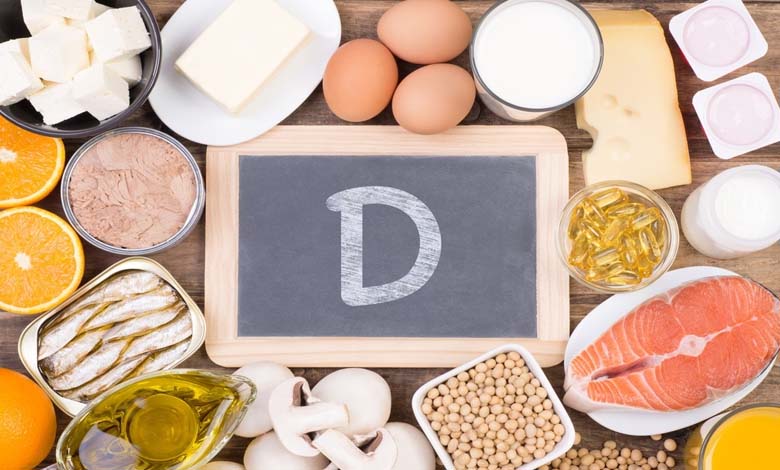Excessive Vitamin D Intake: A Hidden Threat to Digestive and Metabolic Health

Often hailed as a “miracle nutrient,” vitamin D is vital for bone strength, immune defense, and overall metabolic regulation. Yet, when consumed in excessive amounts—particularly through supplements—it can lead to serious health complications, especially affecting the digestive system and kidneys. Vitamin D toxicity, though uncommon, is an emerging issue as self-prescription and uncontrolled supplement use become increasingly widespread.
-
Taking Vitamin D Incorrectly Can Endanger Your Health
-
Your Shadow in the Sun Reveals a Vitamin D Deficiency
Vitamin D is fat-soluble, meaning it is stored in the body’s fatty tissues rather than excreted in urine like water-soluble vitamins. This makes overdosing particularly hazardous. An excessive intake can cause hypercalcemia—an abnormally high level of calcium in the blood. This imbalance disrupts normal digestive processes, leading to nausea, vomiting, abdominal pain, constipation, and persistent loss of appetite. Such symptoms are often mistaken for other gastrointestinal disorders, delaying proper diagnosis and treatment.
Beyond digestive disturbances, hypercalcemia induced by vitamin D toxicity can damage the kidneys, heart, and blood vessels. Excess calcium tends to accumulate in soft tissues, resulting in kidney stones or chronic renal insufficiency. Within the digestive tract, the intestinal lining can become inflamed, liver function may be overburdened, and the gut microbiota can lose its natural balance.
-
Vitamin D or Fish Oil – Which One Is Better for Your Health?
-
4 Foods That Boost Vitamin D Production in the Body
The causes of such overdoses are varied. Many individuals take far more than the recommended daily allowance—sometimes several thousand international units per day—believing it will strengthen their immune system or offset a lack of sun exposure. However, health authorities advise not exceeding 4,000 IU per day for adults unless medically prescribed. Beyond that limit, the risks far outweigh the benefits.
Researchers emphasize that vitamin D supplementation should be approached with caution, especially among the elderly and those with chronic gastrointestinal conditions, whose calcium metabolism may already be compromised. The combined use of calcium and vitamin D supplements further increases the risk of hypercalcemia. Toxic symptoms can appear gradually, often after weeks of excessive intake, and may worsen over time.
To prevent complications, experts recommend regular blood testing before and during supplementation, and adherence to medical advice. A balanced diet—including fatty fish, eggs, dairy products, and moderate sun exposure—remains the safest and most effective way to maintain adequate vitamin D levels.
Ultimately, excessive vitamin D consumption highlights a modern paradox: the shift from a once-common deficiency to a potentially dangerous overconsumption. Moderation remains the cornerstone of digestive and metabolic well-being.












